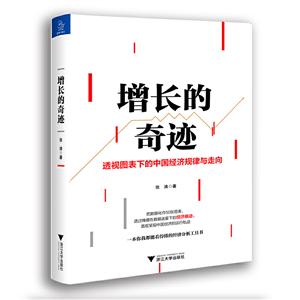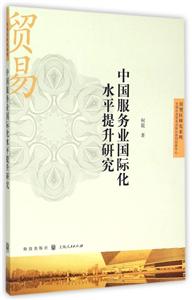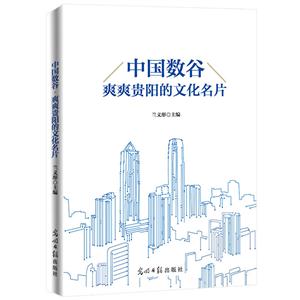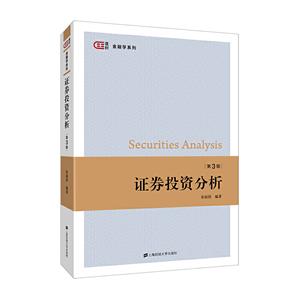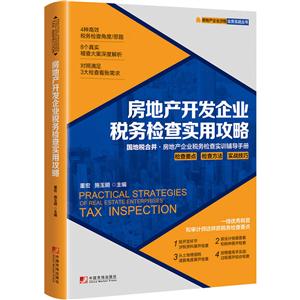抱负水平和权力对公司高管变更的影响:来自中国上市公司的经验分析

|
抱负水平和权力对公司高管变更的影响:来自中国上市公司的经验分析作者:皮莉莉 开 本:16开 书号ISBN:9787514150216 定价:80.0 出版时间:2015-01-01 出版社:经济科学出版社 |
抱负水平和权力对公司高管变更的影响:来自中国上市公司的经验分析 本书特色
西方国家现有的很多研究分析了公司业绩和ceo变更之间的关系。但是,这些研究至少具有两方面的局限性。一方面,现有的研究大部分关注西方发达国家ceo变更,像中国这样的处于转轨过程中的发展中国家很大程度上被忽视了。另一方面,现有的研究忽视了相对业绩和组织内部的权力政治斗争对ceo变更的影响。鉴于此,本书从前景理论、企业行为理论、委托-代理理论、战略权变理论和资源依赖理论等出发,现有西方的组织战略变化、公司抱负水平、公司权力等方面的文献进行了仔细梳理后,对抱负水平和组织内部权力结构对ceo变更的影响进行了理论分析,并提出了一个ceo变更的模型和一系列的假设。为了验证本研究提出的ceo变更模型和相关的假设,本研究收集了一个325家上市公司,从1997年到2006年10年的面板数据。广义估计方程,一种前沿的面板数据分析方法被用于分析ceo变更、董事会的抱负水平、以及ceo的权力水平之间的关系。为了增强本研究的可信程度,本研究同时还运用另一种前沿的面板数据分析方法,随机效应模型,来进行实证分析。结果发现,两种方法得出了相似的结果。也即是董事会的抱负水平影响ceo变更,当抱负水平高于公司业绩时,ceo被变更的可能性明显地增高;相反,当抱负水平低于公司业绩时,ceo被变更的可能性明显地下降。ceo的权力的高低也影响ceo被变更的可能性。
抱负水平和权力对公司高管变更的影响:来自中国上市公司的经验分析 目录
chapter one introduction1.1 research background
1.2 research question
1.3 research objectives
1.4 the significance of this research
1.5 overview of the thesis
1.6 chapter conclusion
chapter two the chinese institutional context: implications for ceo turnover
2.1 introduction
2.2 economic development: 1978 -2013
2.3 soe reform: 1978 -2013
2.4 characteristics of listed companies in china
2.5 chapter conclusion
chapter three literature review
3.1 introduction
3.2 ceo turnover: definition and categorisation
3.3 antecedents of forced ceo turnover
3.4 ceo turnover and the aspiration level
3.5 chapter conclusion
chapter four theoretical framework and hypothesis development
4.1 introduction
4.2 theoretical framework: a model of ceo turnover
4.3 development of hypotheses
4.4 chapter conclusion
chapter five research methodology, design, and process
5.1 introduction
5.2 justification of the knowledge claim: a positivist perspective
5.3 justification of research strategy: quantitative research and secondary data
5.4 research method
5.5 chapter conclusion
chapter six preliminary data analysis
6.1 introduction
6.2 demographic statistics of sample companies
6.3 descriptive statistics
6.4 correlation coefficient analysis
6.5 missing data patterns and mechanisms assessment
6.6 chapter conclusion
chapter seven empirical results
7.1 introduction
7.2 the selection of the best correlation structure
7.3 estimated results for ceo turnover
7.4 estimated results for forced ceo turnover
7.5 estimated results for voluntary ceo turnover
7.6 summary of hypothesis testing
7.7 chapter conclusion
chapter eight discussion
8.1 introduction
8.2 performance relative to a given aspiration level and ceo turnover
8.3 ceo power and ceo turnover
8.4 control variables and ceo turnover
8.5 chapter conclusion
chapter nine conclusion
9.1 introduction
9.2 principal findings
9.3 implications
9.4 contributions
9.5 limitations
9.6 directions for future study
references
appendix supporting tables and figures
管理 一般管理学 经营管理
在线阅读
- 最新内容
- 相关内容
- 网友推荐
- 图文推荐
| [高考] 2022 西安电子科技大学《软件工程》大作业答案 (2022-04-25) |
| [家长教育] 孩子为什么会和父母感情疏离? (2019-07-14) |
| [教师分享] 给远方姐姐的一封信 (2018-11-07) |
| [教师分享] 伸缩门 (2018-11-07) |
| [教师分享] 回家乡 (2018-11-07) |
| [教师分享] 是风味也是人间 (2018-11-07) |
| [教师分享] 一句格言的启示 (2018-11-07) |
| [教师分享] 无规矩不成方圆 (2018-11-07) |
| [教师分享] 第十届全国教育名家论坛有感(二) (2018-11-07) |
| [教师分享] 贪玩的小狗 (2018-11-07) |

